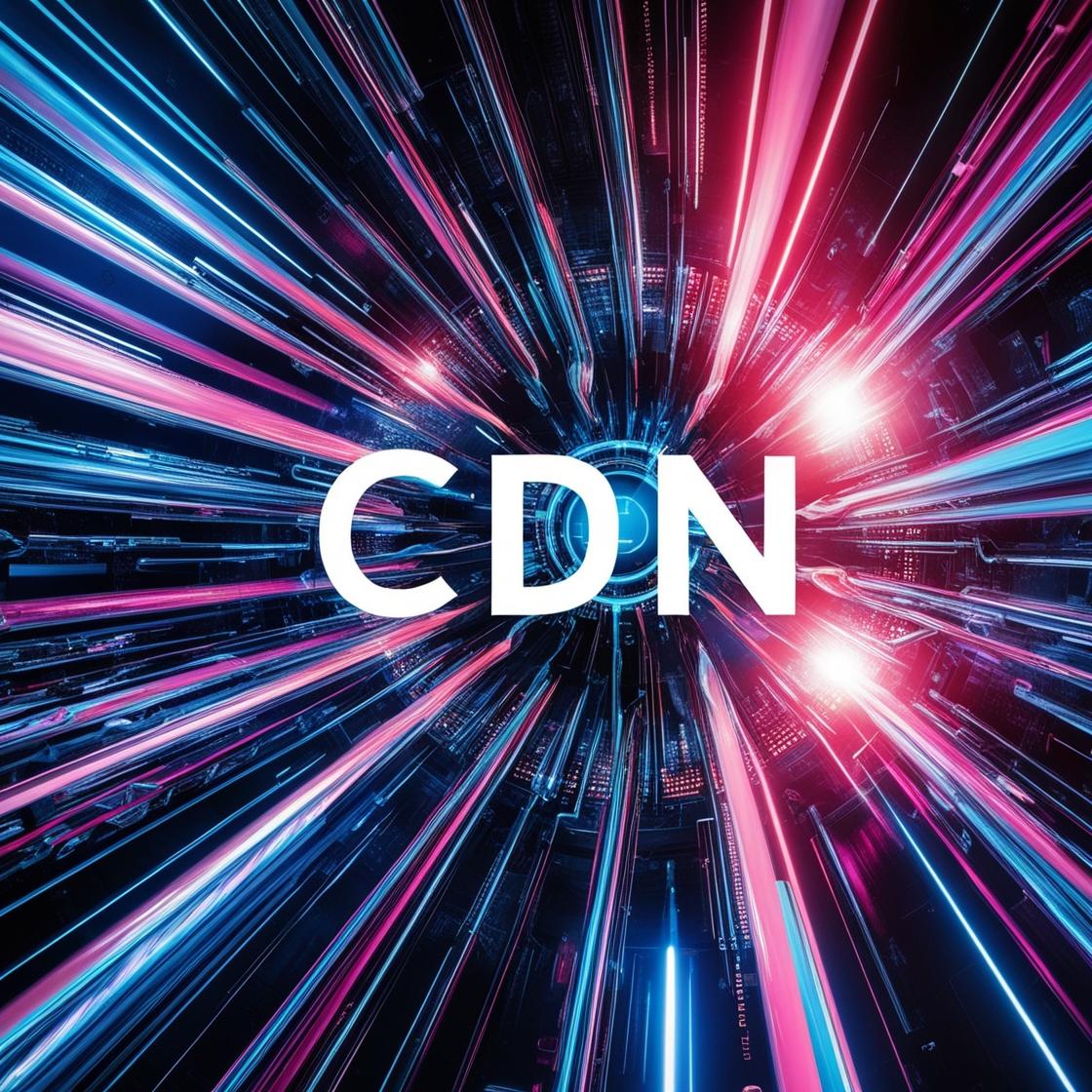Rapid and seamless access to a website is one of the most crucial requirements in today’s digital world. Solutions like Content Delivery Network (CDN) play a significant role in providing the best user experience to your website’s visitors. But what is a CDN, how does it work, and what advantages does it offer for your website? Here are all the details.
İçindekiler
What is a CDN?
Content Delivery Network (CDN) is a network of servers positioned worldwide that accelerates the delivery of web content (images, videos, HTML files, etc.) to users. By delivering content from the server geographically closest to the user, a CDN enhances page loading speeds and overall performance.
Typically, a website is hosted on a single main server, and all users access this server. However, users around the world may not receive content at the same speed. A CDN distributes the website content globally, ensuring access from the nearest server to the user, thereby making content delivery faster and more efficient.
How Does a CDN Work?
The basic operation of a CDN is founded on distributing and caching content. It stores your website’s content across various servers (often called edge servers) and serves your users from the nearest server. The process involves the following steps:
- User Request: When a user wants to access a website, a content request is made via their browser.
- Routing to the Nearest Server: The CDN identifies the server closest to the user’s location and serves the content from there. This is typically done based on geographic routing.
- Content Delivery from Cache: CDN servers cache static content of the website (such as images, videos, CSS files) and thus, repeated requests for the same content are served not from the main server but from the cached content at the nearest server.
- Dynamic Content Delivery: For dynamic content requests (e.g., user-specific data or database queries), the main server might still be involved. However, even in these cases, CDN optimizes the speed of data transmission.
This process ensures a faster experience for your website users and significantly reduces page loading times.
Advantages of Using a CDN for Your Website
CDN offers numerous advantages not only for large websites but also for small and medium-sized websites. Here are the main benefits of using a CDN for your website:
1. Faster Page Loading Times
Speed is fundamental to user experience. The loading time of your website directly affects how long users stay on the site and their satisfaction. A CDN improves page loading speeds by serving content from the closest server to the users. This is particularly beneficial for content-rich sites (e.g., sites heavy on videos and images).
2. Improved SEO Performance
Search engines use page loading speed as a criterion for rankings. A fast-loading website is rated more favorably by search engines and can climb higher in search results. Using a CDN can enhance your website’s SEO performance and increase your organic traffic.
3. Global Reach
A CDN spreads your content globally, ensuring the best performance for users in different geographic regions. For instance, a website hosted on a server in the USA might load slowly for a user in Asia. However, a CDN minimizes this delay by serving the content from a server located in Asia.
4. Resilience Against Traffic Surges
Sudden increases in traffic, especially during promotions or when content goes viral, can slow down or crash your website. A CDN optimizes incoming traffic through load balancing and prevents overload on your server, ensuring your website operates smoothly even during high traffic periods.
5. Protection Against DDoS Attacks
CDNs also offer protection against malicious DDoS (Distributed Denial of Service) attacks, which can crash a website by overwhelming it with traffic. CDNs provide a layer of defense by filtering attack traffic and maintaining the accessibility of your site.
6. Reduced Bandwidth Consumption
By serving cached content repeatedly, a CDN optimizes bandwidth usage. This can lead to significant savings, especially for sites with high bandwidth costs. It reduces data requests to the server, thus lowering hosting costs.
7. Enhanced User Experience
A faster site encourages users to spend more time on it. Particularly for sites heavy on videos and images, quick loading of content ensures users leave satisfied and improves conversion rates, significantly enhancing user experience.
8. Increased Website Security
Many CDN providers also offer security features. For example, the easy implementation of SSL certificates through a CDN and secure content delivery enhances the security of your website in the eyes of both users and search engines.
Considerations When Choosing a CDN
To fully benefit from a CDN, it’s crucial to choose the right CDN provider. Below are the main criteria to consider when selecting a CDN:
- Server Network: Check whether the CDN provider has a widespread network of servers globally. Servers in regions where your users are located directly affect the performance of your site.
- Performance: Evaluate the speed tests and performance assessments offered by the CDN provider. Not all CDN services may offer the same level of performance.
- Security Features: Opt for CDN providers that offer additional security features like DDoS protection, SSL certificate support, and firewalls.
- Pricing: Different CDN providers offer various pricing models. It is important to choose a CDN plan that fits your needs and budget.
Are There Any Disadvantages to Using a CDN?
While there are many advantages to using a CDN, there are some potential disadvantages to be aware of:
- Cost: Some CDN services can be costly, especially for sites requiring a lot of bandwidth or data transfer.
- Technical Management: Using a CDN might require technical knowledge, especially for CDN integration or customization processes.
- Content Updates: Changes in cached content may not reflect immediately, sometimes causing updated content to be delivered to users with a delay.
Conclusion
A Content Delivery Network (CDN) is an excellent solution for enhancing your website’s performance and security. It speeds up page loading times, provides global access, and balances traffic during sudden spikes, while also offering protection against DDoS attacks.
If your website hosts dense content, targets a global audience, or you seek better performance in terms of speed and security, considering a CDN might be the right decision. Using a CDN will enhance the speed and security of your website, providing a more satisfying experience for your users.






